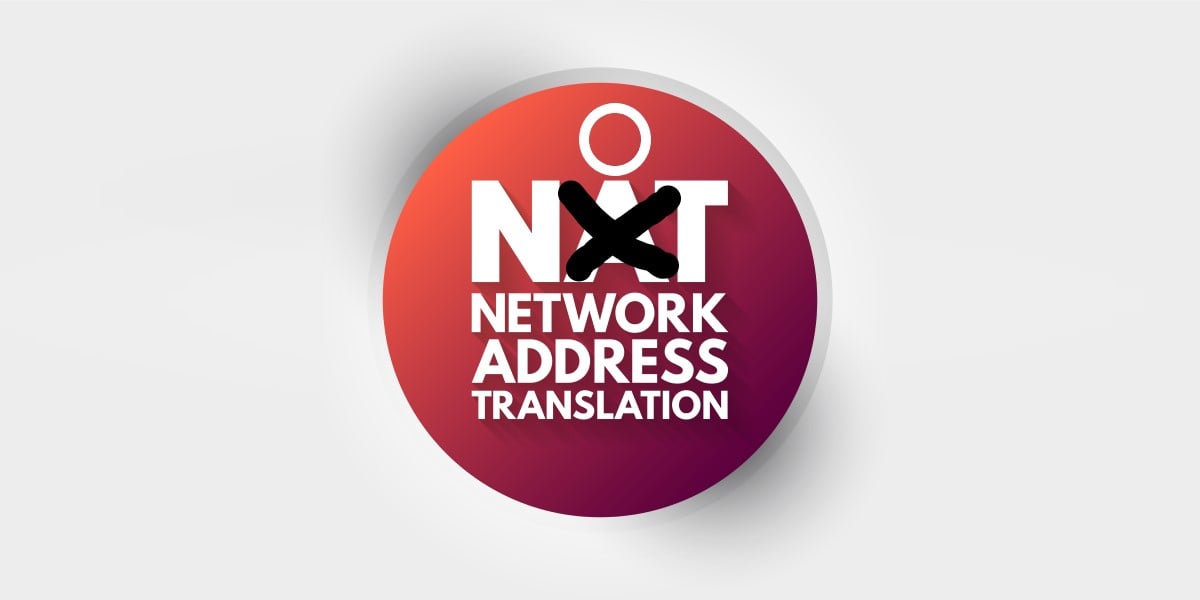
The Truth Is Paywalled But The Lies Are Free ❧ Current Affairs
Paywalls are justified, even though they are annoying. It costs money to produce good writing, to run a website, to license photographs. A lot of money, if you want quality. Asking people for a fee to access content is therefore very reasonable. You don’t expect to get a print subscription to the newspaper gratis, why would a website be different? I try not to grumble about having to pay for online content, because I run a magazine and I know how difficult it is to pay writers what they deserve.
But let us also notice something: the New York Times, the New Yorker, the Washington Post, the New Republic, New York, Harper’s, the New York Review of Books, the Financial Times, and the London Times all have paywalls. Breitbart, Fox News, the Daily Wire, the Federalist, the Washington Examiner, InfoWars: free! You want “Portland Protesters Burn Bibles, American Flags In The Streets,” “The Moral Case Against Mask Mandates And Other COVID Restrictions,” or an article suggesting the National Institutes of Health has admitted 5G phones cause coronavirus—they’re yours. You want the detailed Times reports on neo-Nazis infiltrating German institutions, the reasons contact tracing is failing in U.S. states, or the Trump administration’s undercutting of the USPS’s effectiveness—well, if you’ve clicked around the website a bit you’ll run straight into the paywall. This doesn’t mean the paywall shouldn’t be there. But it does mean that it costs time and money to access a lot of true and important information, while a lot of bullshit is completely free.
Now, crucially, I do not mean to imply here that reading the New York Times gives you a sound grasp of reality. I have documented many times how the Times misleads people, for instance by repeating the dubious idea that we have a “border crisis” of migrants “pouring into” the country or that Russia is trying to “steal” life-saving vaccine research that should be free anyway. But it’s important to understand the problem with the Times: it is not that the facts it reports tend to be inaccurate—though sometimes they are—but that the facts are presented in a way that misleads. There is no single “fact” in the migrant story or the Russia story that I take issue with, what I take issue with is the conclusions that are being drawn from the facts. (Likewise, the headline “U.S. Says Hussein Intensifies Quest For A-Bomb Parts” is technically accurate: the U.S. government did, in fact, say that. It was just not true.) The New York Times is, in fact, extremely valuable, if you read it critically and look past the headlines. Usually the truth is in there somewhere, as there is a great deal of excellent reporting, and one could almost construct a serious newspaper purely from material culled from the New York Times. I’ve written before about the Times’ reporting on Hitler and the Holocaust: it wasn’t that the grim facts of the situation were left out of the paper, but that they were buried at the back and treated as unimportant. It was changes in emphasis that were needed, because the facts were there in black and white.








/cdn.vox-cdn.com/uploads/chorus_asset/file/23935561/acastro_STK103__04.jpg)
/cdn.vox-cdn.com/uploads/chorus_asset/file/24371483/236494_Mac_mini__2023__AKrales_0066.jpg)







